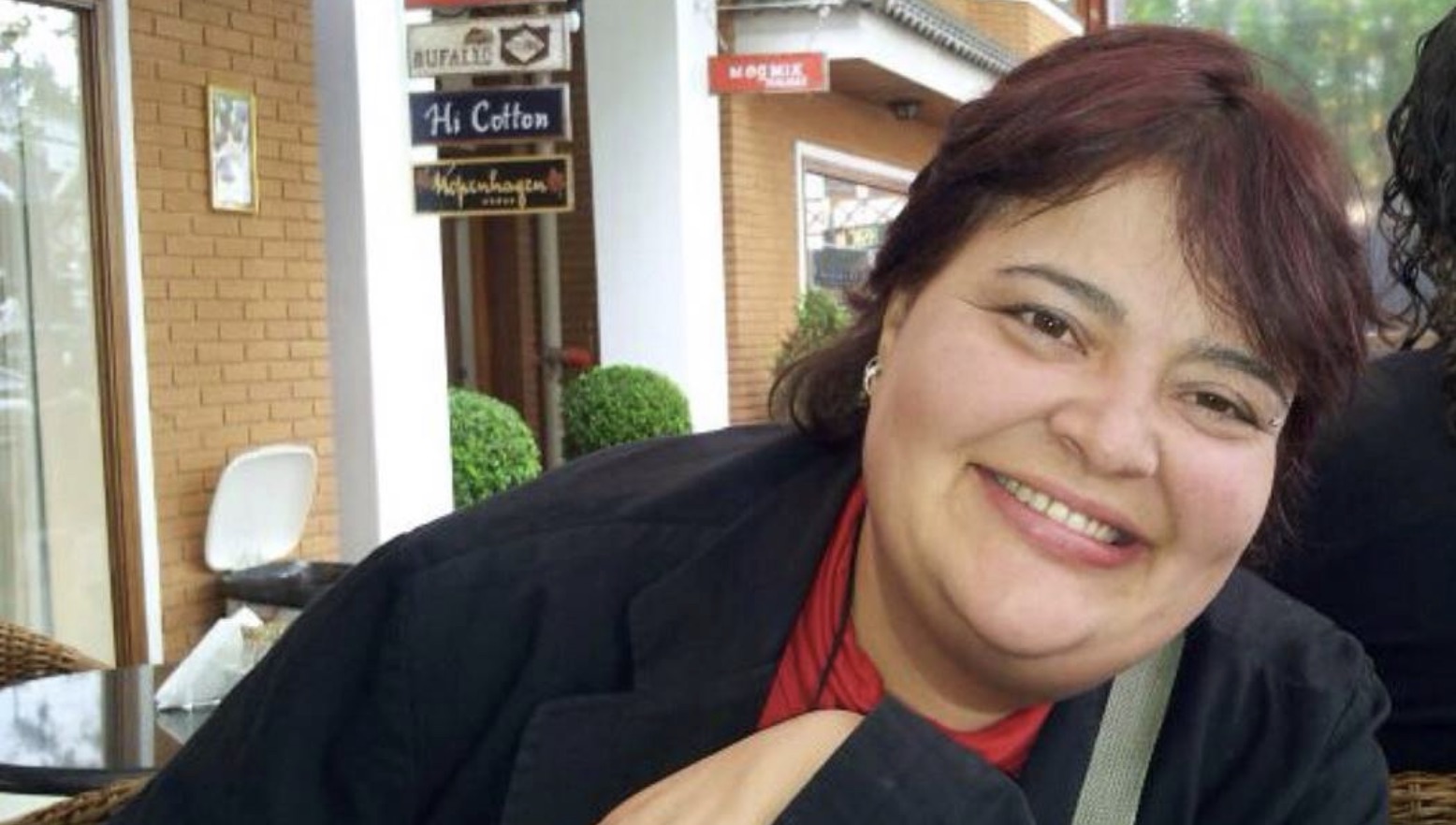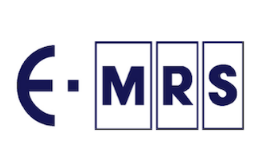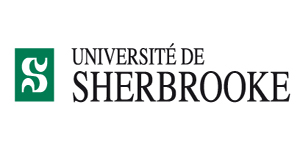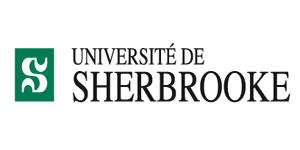The first edition of the scientific Symposium in memory of Roberta Brayner will take place on Friday, November 19th, and will focus on the interaction between Matter and Life. This event in a hybrid format (onsite at the Condorcet Building at Université Paris Cité and live on Zoom) is free and open to all public, with mandatory inscription on this link.

Roberta Brayner
The event:
The Symposium Roberta Brayner – When Matter Interacts with Life will be hosted by prestigious researchers who worked in collaboration with Roberta Brayner, on topics with strongly transdisciplinary and international scopes. These themes highlight the interaction of Materials with algae, bacteria, bone tissue and, in a broader aspect, their impact on the environment.
This first edition on the Symposium will take place during one afternoon and will be followed by a cocktail dinner with live musicalization of Choro and Bossa Nova, two emblematic rhythms of the Brazilian culture, about which Roberta was so passionate.
Don’t forget to register! (For either onsite or virtual presence)
To the students of Université Paris Cité:
If you are interested in Materials Science ans especially on the different aspects of the interaction of Materials with living organisms, do not miss the opportunity to attend to this Symposium which can unveil inspiring themes and allow you to be in contact with researchers and laboratories which can open the doors to a future internship or research project.
Roberta Brayner:
Roberta Brayner, Brazilian, arrived to France in 1997 after obtaining her Master’s degree in Materials Science at the Lorena Engineering School (USP, São Paulo). After obtaining her PhD, in 2001, under the supervision of Prof. François Bozon-Verduraz, she carried out an ATER and a postdoctoral research project at the Chemistry of Condensed Matter Laboratory (LCMC).
Associate professor at the ITODYS laboratory since 2003, Roberta pursued a path that was, until then, extremely original and very little explored, by using microalgae to synthesize metallic nanoparticles; and she has always placed her work at the interfaces between Materials Science, Chemistry, Physics, Environment and the society.
By participating in the Nanoscience & Society committee of the C’Nano Île de France, Roberta worked not only on the technical and scientific aspects of her already multifaceted research, but also on the political, economic, environmental and ethical implications of nanotechnologies in general.
Roberta had a broad and varied scientific production, with numerous articles, supervisions of students, participation in councils at an institutional and national level, organization of scientific events, participation in expeditions, international collaborations, missions and scientific projects. Her departure, at 48 years of age and flourishing scientifically, deprived us not only of a researcher deeply passionate about all the aspects of her research, but also from a very joyful, sensible and generous person.
À lire aussi

First Joint European MRS Chapter workshop
The Paris MRS Chapter is glad to organize the first joint European MRS Chapter workshop in collaboration with Cologne/Germany, Hasselth/Belgium and Genova/Italy MRS Chapters in Paris. From 19th to 22th March, you will have the chance to share and discuss...

PhD project – Biomaker parameters identification for food allergens detection
PhD project in Canada Position DescriptionHealth Canada requires the food industry to declare 10 allergens and gluten sources on food packaging. Given the growing number of tests required, and the high cost of allergen detection methods such as...

PDF Project – Biomarker parameters identification for food allergens detection
Proposal for a postdoctoral fellowship in Canada. Position Description Health Canada requires the food industry to declare 10 allergens and gluten sources on food packaging. Given the growing number of tests required, and the high cost of...

PhD project – Signals quantification of Raman probe for allergen detection
Proposal for a PhD project in Canada Position Description Health Canada requires the food industry to declare 10 allergens and gluten sources on food packaging. Given the growing number of tests required, and the high cost of allergen detection...
